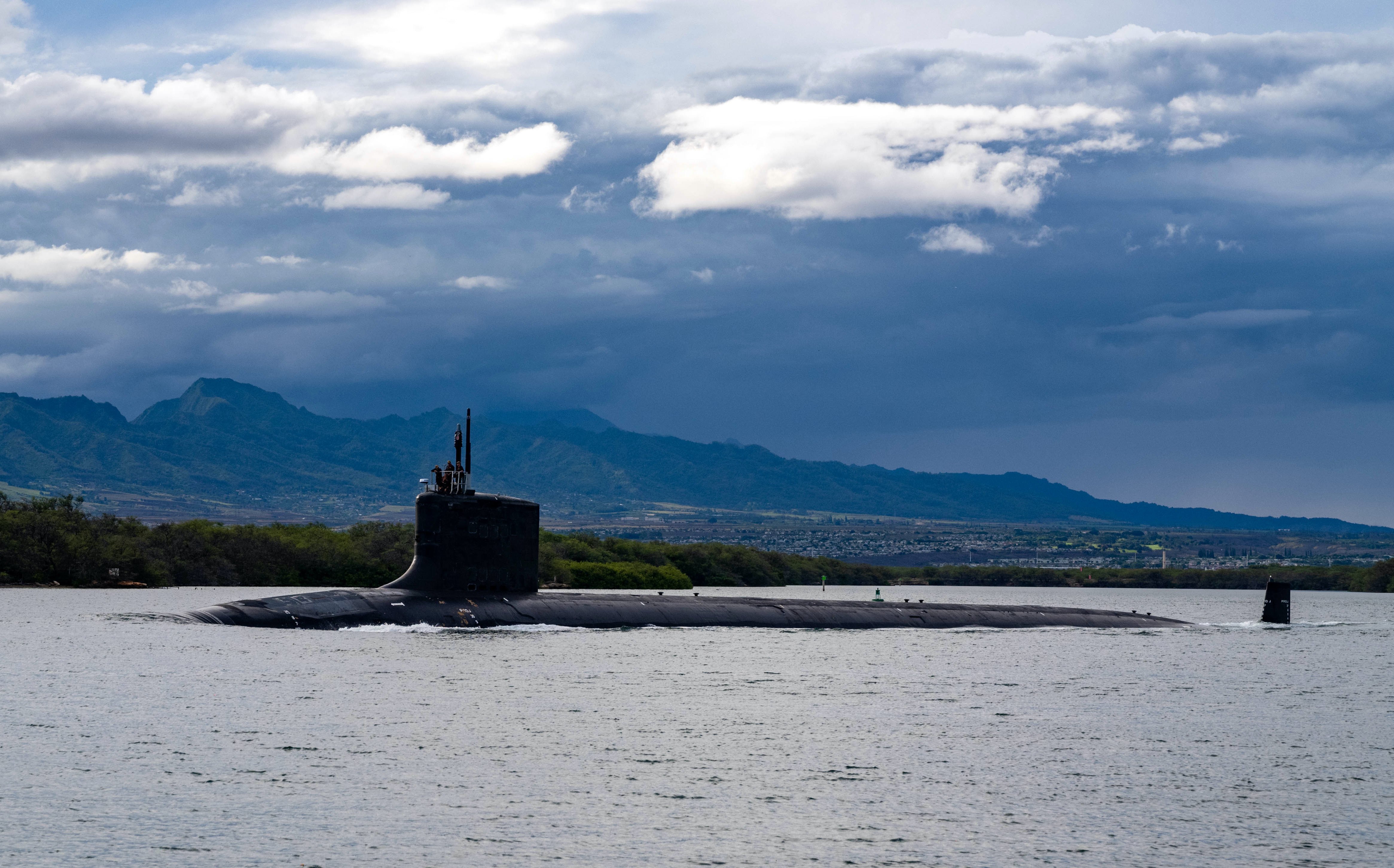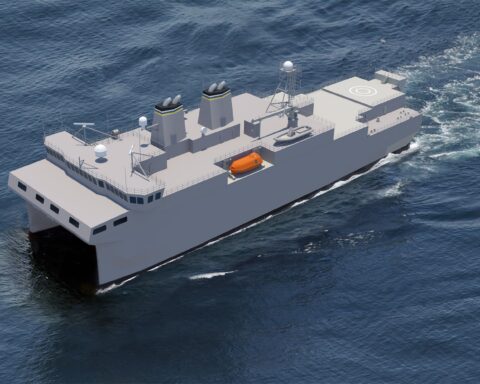The following is the Jan. 6, 2020 Congressional Research Service report, U.S.-Iran Conflict and Implications for U.S. Policy.
From the report
Since May 2019, U.S.-Iran tensions have heightened significantly, and evolved into conflict after U.S. military forces killed Qasem Soleimani, the commander of the Iran’s Islamic Revolutionary Guard Corps-Quds Force (IRGC-QF) and one of Iran’s most important military commanders, in a U.S. airstrike in Baghdad on January 2, 2020.
In 2018, the Trump Administration withdrew from the 2015 multilateral nuclear agreement with Iran (Joint Comprehensive Plan of Action, JCPOA), and since mid-2019 has taken several steps in its campaign of applying “maximum pressure” on Iran. Apparently in response to the maximum pressure campaign, Iran and Iran-linked forces have attacked and seized commercial ships, caused destruction of some critical infrastructure in the Arab states of the Persian Gulf, attacked facilities used by U.S. military personnel in Iraq, and downed a U.S. unmanned aerial vehicle. As part of an effort its leaders term “maximum resistance,” Iran has also reduced its compliance with the provisions of the JCPOA. The Administration has been deploying additional military assets to the region to try to deter future Iranian actions.
The U.S.-Iran tensions have the potential to escalate into all-out conflict in the wake of Soleimani’s killing. Iran’s materiel support for armed factions throughout the region, including its provision of short-range ballistic missiles to these factions, and Iran’s network of agents in Europe, Latin America, and elsewhere, give Iran the potential to expand confrontation into areas where U.S. response options might be limited. The United States military has the capability to undertake a range of options against Iran, both against Iran directly and against its regional allies and proxies. A September 14, 2019, attack on critical energy infrastructure in Saudi Arabia demonstrated that Iran and/or its allies have the capability to cause significant damage to U.S. allies and to U.S. regional and global economic and strategic interests, and raised questions about the effectiveness of U.S. defense relations with the Gulf states in preventing future such Iranian attacks.
President Donald Trump has consistently stated that he wants a revised JCPOA that encompasses not only nuclear issues but also Iran’s ballistic missile program and Iran’s support for regional armed factions. High-ranking officials from several countries have sought to mediate to try to de-escalate U.S.-Iran tensions by encouraging direct talks between Iranian and U.S. leaders. President Trump has stated that he welcomes talks with Iranian President Hassan Rouhani without preconditions, but no direct talks have been known to take place to date or are scheduled. The strike on Soleimani, who is revered among many factions in Iran for his success in orchestrating Iran’s strategy of exerting regional influence, has produced an emotional response among Iran’s leaders and population. Iran’s Supreme Leader and IRGC leaders have stated that Iran will retaliate militarily, although at an unspecified time and in unstated ways, seemingly dimming the prospects for U.S.-Iran talks on a new JCPOA at least in the near term.
Members of Congress have received additional information from the Administration about the causes of the U.S.-Iran tensions and Administration responses. They have responded in a number of ways; some Members have sought to pass legislation requiring congressional approval for any decision by the President to take military action against Iran.
Download the document here.





